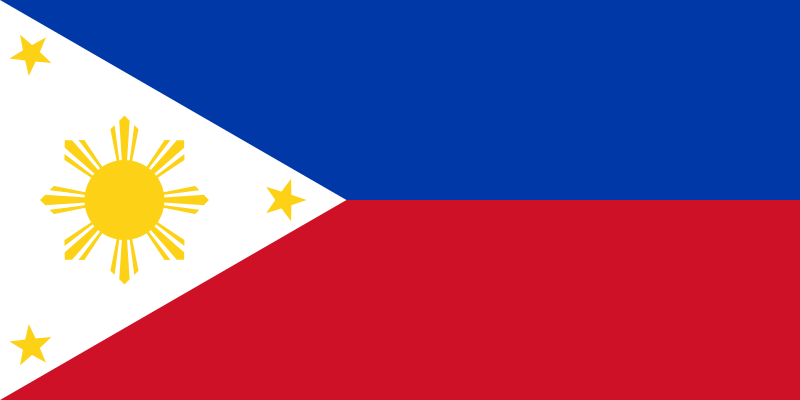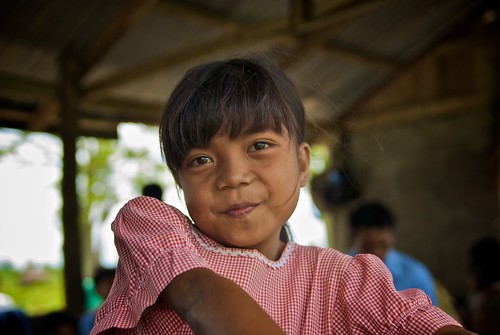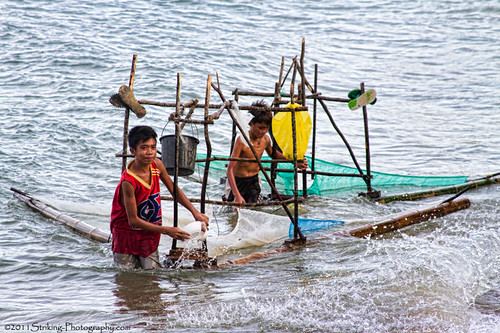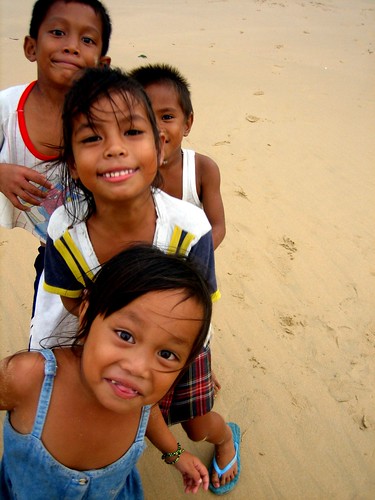Adopting from Philippines
Contents
Philippines Adoption Alert
Notice: Typhoon Haiyan – Message for U.S. prospective adoptive parents (November 18, 2013)
The Department of State wishes to inform U.S. citizens that intercountry adoption processes are functioning in the Philippines at this time. Any U.S. citizen interested in initiating an adoption from the Philippines should contact a U.S. Hague-accredited adoption service provider (ASP) that has also been authorized by the Philippine Central Adoption Authority, the Intercountry Adoption Board, in order to seek information about the intercountry adoption process. The Department of State maintains a list of all currently accredited U.S. ASPs and the Philippine Intercountry Adoption Board maintains a list of those U.S. Hague accredited ASPs that it has authorized.
Prospective adoptive parents that have already been matched with a child by the Philippine Intercountry Adoption Board should work with their U.S. Hague-accredited ASP and with the Intercountry Adoption Board in order to seek any updates on the welfare of children. The Intercountry Adoption Board and Philippine Department of Social Development and Welfare are working to confirm the welfare and whereabouts of children residing in orphanages in the affected areas. The Intercountry Adoption Board has also indicated that prospective adoptive parents awaiting a matching proposal should not be affected by the typhoon recovery efforts.
The U.S. Embassy in Manila is continuing to process Convention adoption immigrant visa appointments at this time.
Notice: ICAB Announces Temporary Moratorium (January 31, 2011)
The Philippine Inter-Country Adoption Board (ICAB) has announced a moratorium on accepting new applications from Adoption Service Providers (ASPs) who submitted more than 10 adoption cases per year for the last three years. This moratorium is designed to allow ICAB to focus its efforts on applications already filed and "enable ICAB to address the protracted waiting period for child placement." ICAB has indicated that the moratorium will be lifted once it has determined that it has been able to meet the needs of at least 50 percent of those currently waiting for a child. We will post more information on the effective end date of the moratorium as soon as it becomes available to us.
This moratorium does not apply to the following cases:
- 1. applications to be matched with special needs children;
- 2. intra-familial adoptions;
- 3. applications submitted by families who received their approval for suitability to adopt prior to January 31, 2011; and
- 4. applications submitted by ASPs that have not reached the cap of 10 adoption cases per year for the last three years. ICAB has provided the names of three U.S. ASPs affected by this suspension to the Department of State, and the Department has notified those ASPs. Please contact your ASP directly to understand whether your case is affected by the moratorium.
If you have any questions about this announcement, please do not hesitate to contact the Office of Children's Issues by phone at 1-888-407-4747 or e-mail at adoptionUSCA@state.gov. You may also find further information on ICAB's website.
Hague Convention Information
Who Can Adopt
Residency
Age of Adopting Parents
Marriage
Income
Other
Who Can Be Adopted
How to Adopt
Adoption Authority
The Process
Traveling Abroad
Applying for Your U.S. Passport
A valid U.S. passport is required to enter and leave Philippines. Only the U.S. Department of State has the authority to grant, issue, or verify U.S. passports. Getting or renewing a passport is easy. The Passport Application Wizard will help you determine which passport form you need, help you to complete the form online, estimate your payment, and generate the form for you to print-all in one place.
Obtaining Your Visa
In addition to a U.S. passport, you also need to obtain a visa. A visa is an official document issued by a foreign country that formally allows you to visit. Where required, visas are attached to your passport and allow you to enter a foreign nation. To find information about obtaining a visa for Philippines, see the Department of State's Country Specific Information.
Staying Safe on Your Trip
Before you travel, it's always a good practice to investigate the local conditions, laws, political landscape, and culture of the country. The State Department is a good place to start. The Department of State provides Country Specific Information for every country of the world about various issues, including the health conditions, crime, unusual currency or entry requirements, and any areas of instability.
Staying in Touch on Your Trip
When traveling during the adoption process, we encourage you to register your trip with the Department of State. Travel registration makes it possible to contact you if necessary. Whether there's a family emergency in the United States, or a crisis in Philippines, registration assists the U.S. Embassy or Consulate in reaching you. Registration is free and can be done online.
After Adoption
What resources are available to assist families after the adoption?
Many adoptive parents find it important to find support after the adoption. Take advantage of all the resources available to your family -- whether it's another adoptive family, a support group, an advocacy organization, or your religious or community services.
Here are some good places to start your support group search:
Child Welfare Information Gateway
North American Council on Adoptable Children
Adoption Services Support Group for Adopting Persons
SOURCE
Intercountry Adoption, Bureau of Consular Affairs. U.S. Department of State Country Information










